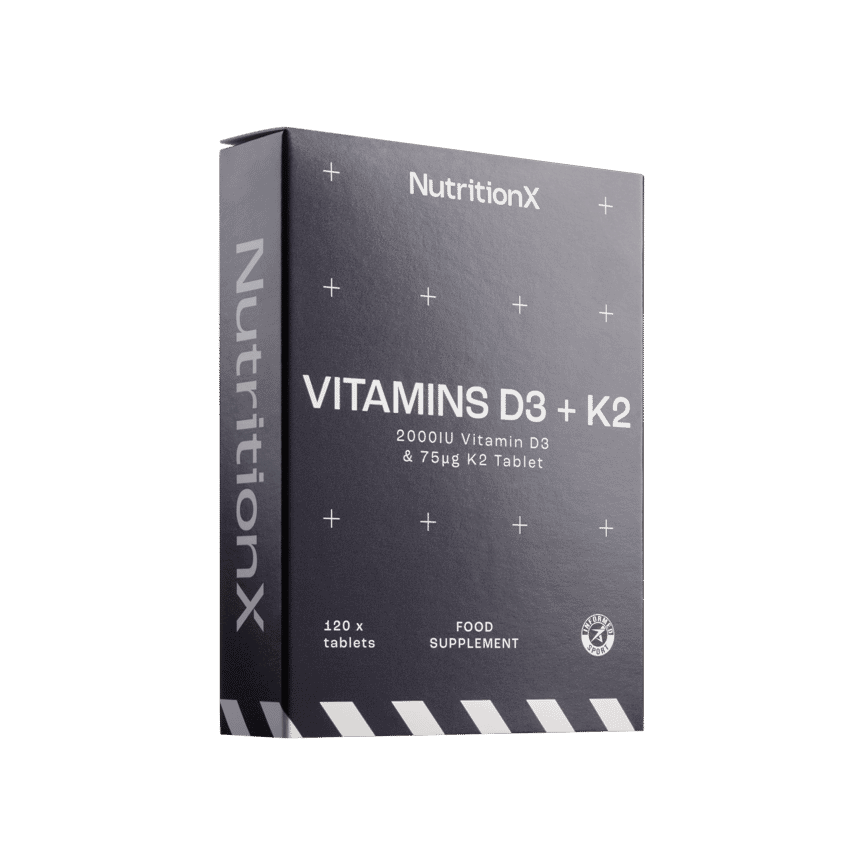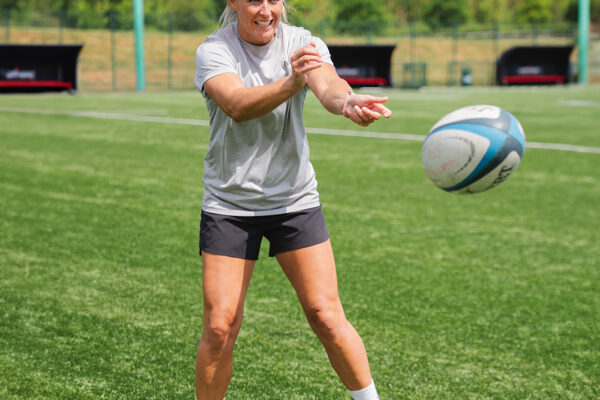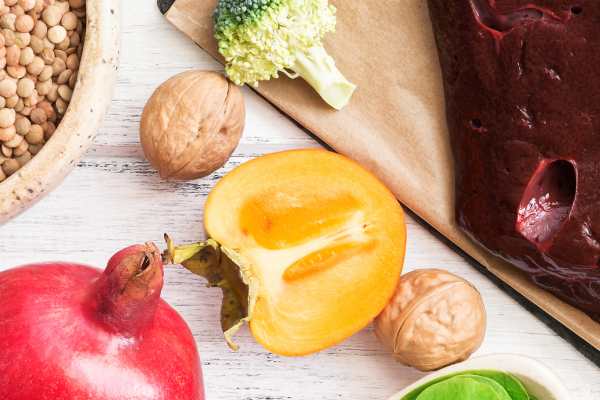Everyone’s heard of vitamins and the important role that they play when it comes to our health and wellbeing, but what vitamins are important for athletes? When considering the intense nutritional needs of football and rugby players in the midst of a busy season specifically, vitamins definitely play a key role in maintaining health to keep performance at its peak. Here we cover exactly what role they play, and – most importantly why.
What are vitamins?

Vitamins are organic compounds that we must consume through the diet in order to prevent deficiencies in the body, which can have a negative impact on our overall health. Vitamins are categorised into two groups: fat-soluble (A, D, E, and K) and water-soluble (vitamin C and B vitamins). Fat soluble vitamins are absorbed by the body along with fat, and are stored in the body’s fat tissues and liver. In contrast, water-soluble vitamins are dissolved in water and carried around the body, unable to be stored in huge amounts by the body and therefore are required to be consumed regularly through the diet. If an athlete is deficient in any of these, supplements or dietary changes can help to enhance their vitamin levels, improving both health and performance.
Who needs to take vitamins?
Whilst everyone needs vitamins for healthy bodily function, not everyone will need to supplement with them. Vitamin supplements are ideal for preventing particular deficiencies and filling nutritional gaps, such as Vitamin D when natural sunlight levels are low during the winter months. A balanced diet rich in fruits, vegetables, lean proteins and whole grains should provide most of the essential nutrients needed by the body. However, some may need additional support through vitamin supplements, such as those with dietary restrictions (ie. vegans and vegetarians) or those with particularly active lifestyles; such as athletes.
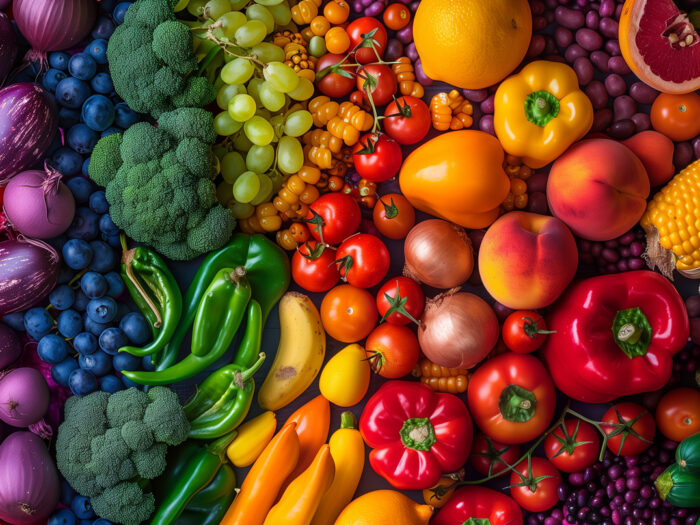
Should football and rugby players take vitamins?
As with the general public, athletes – football and rugby players included – should assess their individual nutrient needs to discover whether or not they are deficient in any key vitamins or minerals. Due to the increased energy demands from training, athletes require higher amounts of both macronutrients and micronutrients, which can often be met through a well-balanced diet. However, this increased demand on the body may lead to deficiencies when the diet is unable to sufficiently meet these increased demands.
When should football and rugby players take vitamins?
There are certain situations where a football and rugby player’s vitamin requirements may be higher, such as:
- Players with a low energy intake through diet
- Player following specific diets, such as vegetarian or vegan
- Older players
- Injured players
- High training-load periods
In these cases, vitamin supplementation should be considered to support health and performance. The timing of vitamin intake for football and rugby players depends on several factors, including the type of vitamin being consumed, the ultimate goals of supplementation and training and competition schedules.
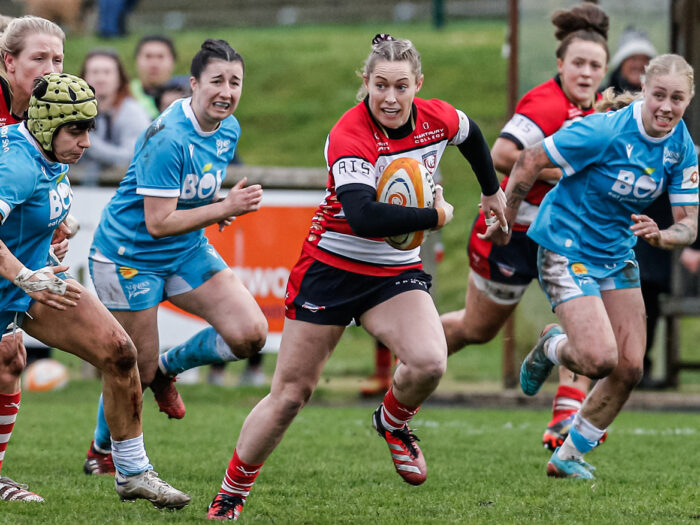
What vitamins should rugby and football players take?
Although requirements will differ between players dependent on personal need,
Vitamin D
Vitamin D is crucial for supporting bone health, muscle function and the immune system. It's particularly beneficial during the winter months or for athletes who have limited sun exposure. Vitamin D supplementation can also help to reduce the risk of stress fractures, muscle injuries and upper respiratory tract infections. This vitamin is essential for maintaining overall health and ensuring that the body functions properly, especially when natural sunlight exposure is limited.
Optimal Dose: 1000-2000 IU per day of Vitamin D3.
Benefits: Bone health and immune system support.
Food Sources: Fortified cereals, oily fish like salmon and sardines, and eggs.
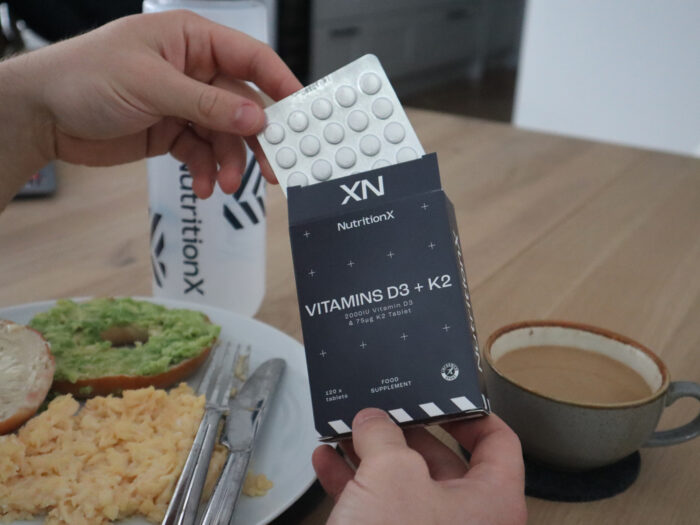
Vitamin K2
Vitamin K2 plays a vital role in calcium regulation in the bones, which can prevent injuries such as fractures or strains. It also aids in producing proteins that contribute to bone mineralisation, supporting bone strength and muscle recovery. For athletes, maintaining adequate levels of Vitamin K2 can enhance recovery and reduce the risk of bone-related injuries.
Optimal Dose: 75 ug per day.
Benefits: Bone health and muscle recovery.
Food Sources: Fermented foods such as sauerkraut and kimchi, and animal-based products.
Vitamin C
Known for its antioxidant properties, Vitamin C is essential for collagen production, thickening cartilage and reducing joint pain. It offers immune system support and enhances the absorption of non-heme iron found in plant-based foods. Additionally, Vitamin C supplementation can help athletes by reducing exercise-induced muscle damage and soreness, promoting quicker recovery after intense physical activity.
Optimal Dose: 200-500 mg/day.
Benefits: Joint health, injury recovery/prevention, immune system support and enhanced muscle recovery.
Food Sources: Citrus fruits, kiwi, strawberries, tomatoes, broccoli, cauliflower, Brussel sprouts, lettuce and potatoes.

Vitamin E
As a potent antioxidant, Vitamin E is recommended for athletes who engage in high-altitude exercise; great for players training high above sea level. Studies suggest that supplementing with Vitamin E over a four-week period at altitudes above 5000m can help to maintain aerobic capacity, effectively keeping players performing for longer. Additionally, it supports the immune system, joint health and muscle recovery, making it beneficial for overall athletic performance; all of which are vital for football and rugby players.
Benefits: Immune system support, joint health and muscle recovery.
Food Sources: Nuts, seeds, leafy green vegetables, liver and egg yolks.
B-Complex Vitamins
B-complex vitamins, particularly B6, B12, and folate, are critical for hemoglobin formation, which enables better oxygen transport to working muscles. Deficiency in these vitamins may lead to fatigue and reduced endurance in athletes such as football and rugby players. Ensuring the recommended daily allowances are met is important for maintaining energy metabolism and muscle recovery, which are key to performance and recovery.
Benefits: Energy metabolism and muscle recovery.
Food Sources: Whole grains, legumes, eggs, meat and leafy vegetables.
Vitamin A
Vitamin A is essential for the immune system and is linked to improved recovery from infections, which is particularly important for athletes prone to upper respiratory tract infections; a common occurrence for football and rugby players during the winter months. It also plays a role in muscle recovery, helping the body repair itself after training or a heavy match.
Benefits: Immune system support and muscle recovery.
Food Sources: Carrots, peppers, spinach and sweet potatoes.
Do athletes need to take vitamins all year?
Athletes may not need to take vitamins year-round, but factors like diet, training intensity and location can increase the need for consistent supplementation. Vitamin supplements are especially helpful when there are nutrient gaps, higher demands for recovery and immune support, or specific deficiencies. Regular nutrient monitoring through blood tests, along with guidance from a healthcare provider or sports nutritionist, can help assess the need for ongoing supplementation for athletes.





